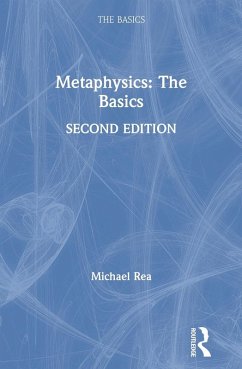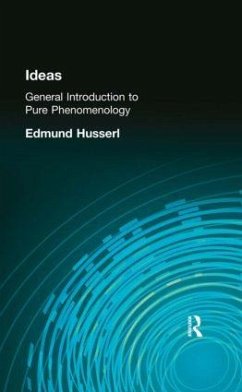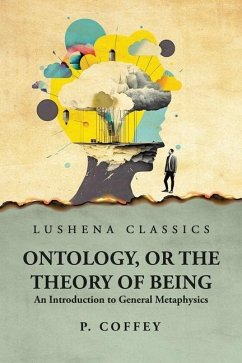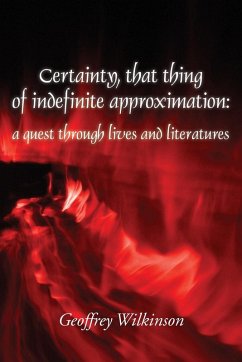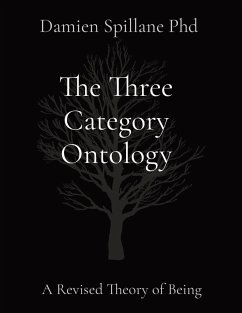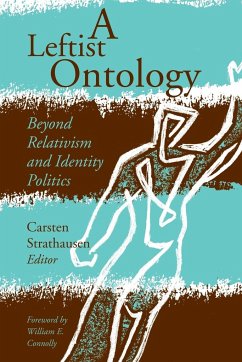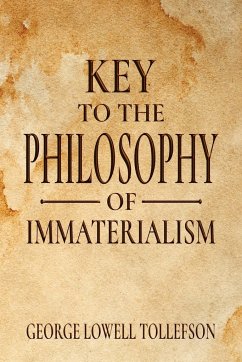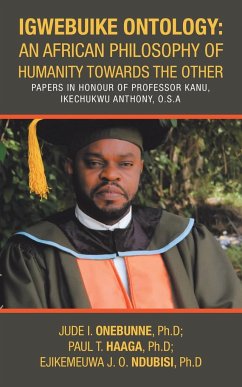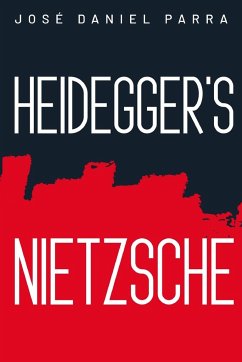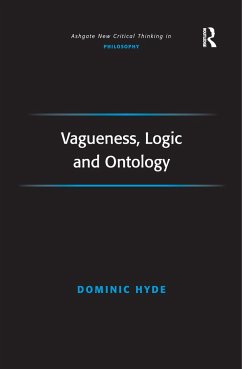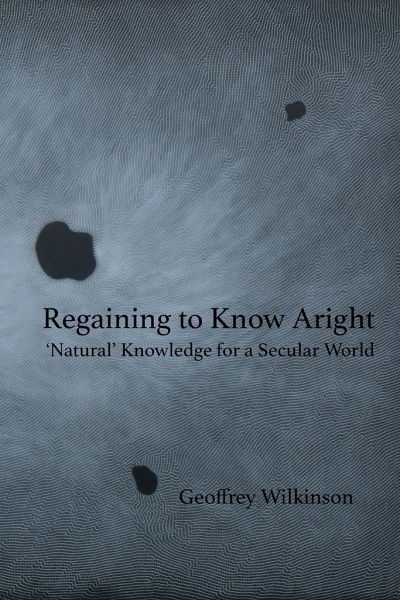
Regaining to Know Aright
'Natural' Knowledge for a Secular World
Versandkostenfrei!
Versandfertig in 1-2 Wochen
12,99 €
inkl. MwSt.

PAYBACK Punkte
6 °P sammeln!
We want to believe that the world is intelligible - that there is some reason why it is as it is, or exists at all. But the belief is unsustainable now we know that ultimately the world is unintelligible, made of fundamental particles that just burst into being 13.8 billion years ago and behave in ways that baffle us. How do we reconcile ourselves to the reality that in the beginning was no design, no purpose, reason or reasonableness? This essay proposes that we look to four historically and culturally diverse figures who did not expect or demand intelligibility in all things: the Roman poet ...
We want to believe that the world is intelligible - that there is some reason why it is as it is, or exists at all. But the belief is unsustainable now we know that ultimately the world is unintelligible, made of fundamental particles that just burst into being 13.8 billion years ago and behave in ways that baffle us. How do we reconcile ourselves to the reality that in the beginning was no design, no purpose, reason or reasonableness? This essay proposes that we look to four historically and culturally diverse figures who did not expect or demand intelligibility in all things: the Roman poet Lucretius, the Danish physicist Niels Bohr, the German philosopher Martin Heidegger, and the Japanese philosopher Nishida Kitar¿. For in their writings can be found key elements of the 'natural' knowledge we need for a more honest, secular accommodation with the world. The question of what difference such knowledge could or should make to our lives is left open, or rather, is left to the reader to answer.





